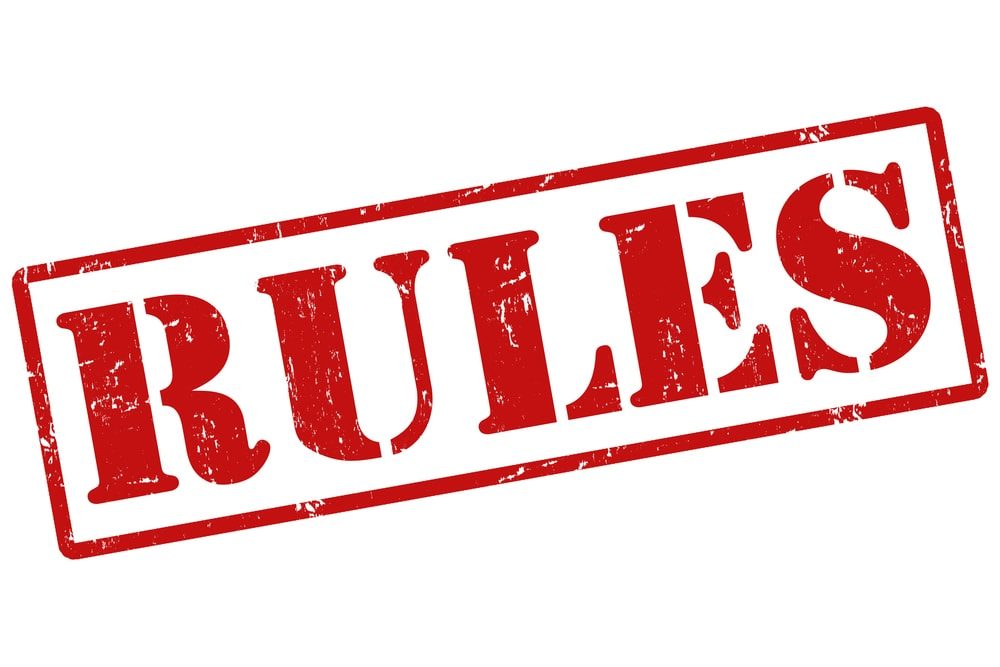About
Rules of ADR
The KCCI ADR’s Arbitration Rules establish clear, modern, and common-sense procedures under which effective arbitrations can be conducted.
Rules of ADR

Introduction
The ADR Mechanism, comprising of Negotiation, Mediation, Expert Determination, Dispute Review Panel (DRP), Independent Dispute Avoidance Panel, Arbitration & Conciliation, gives parties in dispute an opportunity to work through disputed issues with the help of a neutral third party.

Negotiation
It is a voluntary & private process. It is an informal mechanism that seeks to arrive at a mutually acceptable agreement. There may not be a necessity of a third partyfacilitator to this process. If negotiation is based on an agreement, it is enforceable as a contract.

Mediation
Mediation/Conciliation is popular as an informal method of dispute resolution in which a neutral third party, the mediator, helps disputing parties to reach an agreement. It is a private process & is useful when parties have a relationship to preserve, e.g. when family members, neighbours & business partners have a dispute.

Arbitration
Arbitration is a voluntary process driven by an agreement. It is a procedure in which a dispute is submitted, by agreement of the parties, to one or more arbitrators who make a binding decision on the dispute. In choosing arbitration, the parties opt for a private dispute resolution procedure instead of going to court.

Conciliation
Mediation/Conciliation is popular as an informal method of dispute resolution in which a neutral third party, the mediator, helps disputing parties to reach an agreement. It is a private process & is useful when parties have a relationship to preserve, e.g. when family members, neighbours & business partners have a dispute.

Empanelment & Code
This Code sets out the fundamental standards to be followed by KCCI ADR Members and also provides guiding principles for the conduct of arbitrators / mediators.

